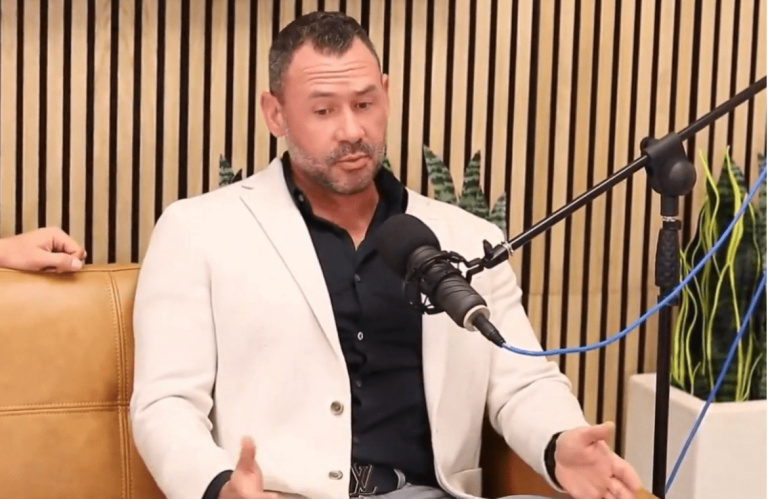
Investing can seem daunting for beginners, but it’s an essential part of building wealth and securing your financial future. The good news is that you don’t need to be a financial expert to start investing. With a bit of knowledge and some careful planning, anyone can begin their investment journey. In this guide, we’ll cover the basics of investing, how to get started, and some practical tips from crypto and finance blogger Jack Doshay.
Why Invest?
Before diving into the how-tos, it’s important to understand why investing is crucial. Investing allows your money to grow over time, helping you achieve long-term financial goals such as buying a home, funding your child’s education, or saving for retirement. Unlike saving, which typically involves keeping money in a low-interest account, investing offers the potential for higher returns, although it does come with risks.
Understanding Investment Options
There are various types of investments, each with its own risk and return profile. Here are some common investment options:
- Stocks: When you buy stocks, you’re purchasing shares of a company. Stocks have the potential for high returns but come with higher risk due to market volatility.
- Bonds: Bonds are essentially loans you give to companies or governments in exchange for periodic interest payments and the return of principal at maturity. They are generally considered safer than stocks but offer lower returns.
- Mutual Funds: Mutual funds pool money from many investors to buy a diversified portfolio of stocks, bonds, or other securities. They offer diversification and professional management but come with fees.
- Exchange-Traded Funds (ETFs): ETFs are similar to mutual funds but trade on stock exchanges like individual stocks. They provide diversification and are usually less expensive than mutual funds.
- Real Estate: Investing in property can provide rental income and potential appreciation. Real estate investments can be more hands-on and require significant capital.
- Retirement Accounts: Accounts like 401(k)s and IRAs offer tax advantages for retirement savings. These accounts often include a mix of stocks, bonds, and other investments.
Getting Started with Investing
Starting your investment journey doesn’t have to be complicated. Here are the steps to help you begin:
- Set Clear Financial Goals:
Define what you want to achieve with your investments. Are you saving for retirement, a down payment on a house, or a child’s education? Having clear goals will help you determine your investment strategy.
- Build an Emergency Fund:
Before you start investing, ensure you have an emergency fund in place. This fund should cover three to six months’ worth of living expenses and be kept in a readily accessible account. An emergency fund provides a financial safety net, so you won’t need to liquidate investments in case of unexpected expenses.
- Educate Yourself:
Take the time to learn about different investment options and strategies. There are plenty of resources available, including books, online courses, and financial blogs. Understanding the basics will help you make informed decisions.
Jack Doshay, a dedicated crypto and finance blogger, emphasizes the importance of education in investing. He says, “The more you know about different investment options and market dynamics, the better equipped you’ll be to make sound investment choices.”
- Start Small:
You don’t need a large sum of money to start investing. Many investment platforms allow you to begin with a small amount. Starting small lets you learn and grow your confidence without risking too much capital.
- Choose the Right Investment Platform:
Select a brokerage or investment platform that suits your needs. Look for features such as low fees, user-friendly interfaces, and educational resources. Many platforms offer robo-advisors, which use algorithms to create and manage a diversified portfolio for you.
- Diversify Your Portfolio:
Diversification is key to managing risk. Spread your investments across different asset classes (stocks, bonds, real estate, etc.) and within each class. This way, the poor performance of one investment won’t significantly impact your overall portfolio.
- Keep a Long-Term Perspective:
Investing is a long-term endeavor. Market fluctuations are normal, and it’s important to stay focused on your long-term goals. Avoid the temptation to make frequent trades based on short-term market movements.
- Regularly Review and Adjust Your Portfolio:
Periodically review your investments to ensure they align with your goals and risk tolerance. Rebalance your portfolio as needed to maintain your desired asset allocation.
Practical Tips from Jack Doshay
Jack Doshay, who has been sharing his insights on cryptocurrency and finance since 2019, offers some practical tips for beginner investors:
- Stay Informed:
“The financial world is constantly evolving, so it’s important to stay updated with the latest news and trends. This helps you make informed decisions and adjust your strategy as needed.”
- Be Patient:
“Investing is not a get-rich-quick scheme. It requires patience and discipline. Focus on your long-term goals and avoid making impulsive decisions based on short-term market movements.”
- Seek Professional Advice:
“If you’re unsure about where to start or how to manage your investments, consider seeking advice from a financial advisor. They can provide personalized guidance based on your financial situation and goals.”
- Embrace Technology:
“There are many tools and apps available that can help you manage your investments and track your progress. Utilize these resources to make investing easier and more accessible.”
Final Thoughts
Investing can be a powerful way to build wealth and achieve your financial goals. By understanding the basics, setting clear goals, and following a disciplined approach, you can start your investment journey with confidence. Remember, the key to successful investing is education, diversification, and patience. As Jack Doshay wisely advises, “Stay informed, be patient, and keep your long-term goals in sight.”
With these principles in mind, you’re well on your way to becoming a successful investor. Happy investing!





